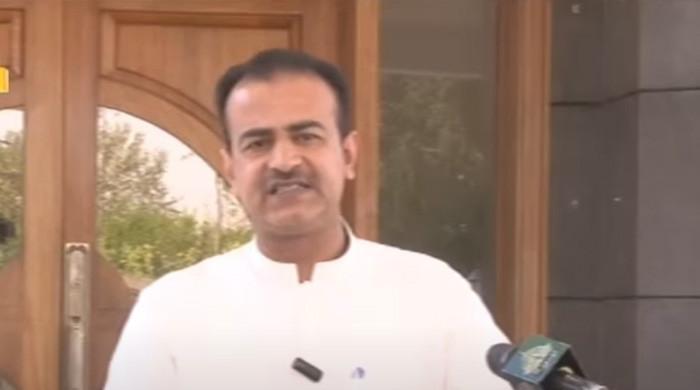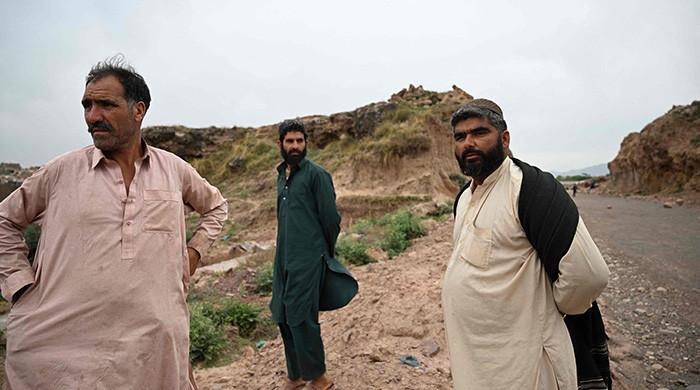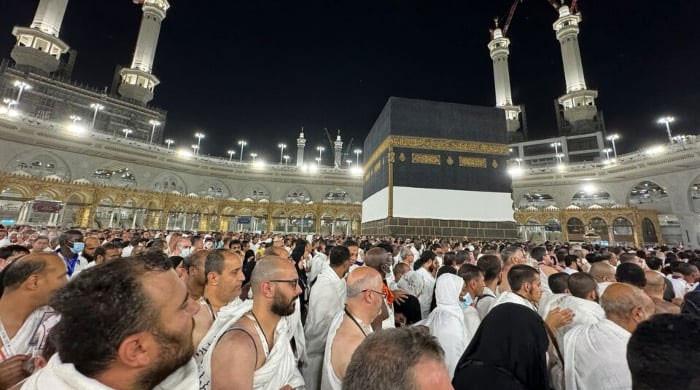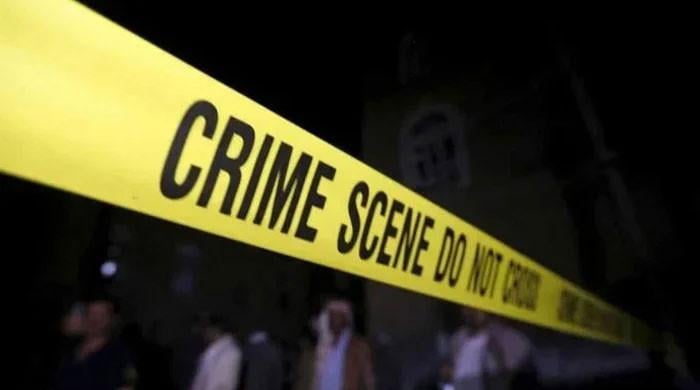PTI chief’s involvement in Jinnah House attack probe established: prosecutor
Special prosecutor says Imran Khan’s arrest is required to bring evidence to the fore
July 22, 2023
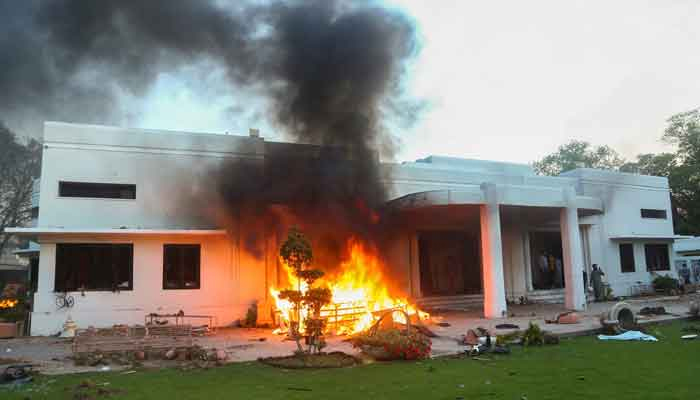
- Investigation to extent of Imran Khan completed: prosecutor.
- Says PTI chief is being charged with aiding and abetting.
- ATC Lahore extends bail of PTI chief in five cases till Aug 8.
Special Prosecutor Farhad Ali Shah has said that Pakistan Tehreek-e-Insaf (PTI) Chairman Imran Khan has been found guilty of all charges related to the attack on Lahore’s Jinnah House during May 9 mayhem.
Speaking to the media in Lahore on Friday, Shah said the investigation into the case has been completed to the extent of the PTI chief.
“[The] PTI chief's involvement has been established in the Jinnah House attack investigation and he is being charged with aiding and abetting,” he added.
The special prosecutor also said evidence of the former prime minister’s involvement in the attack has been gathered and added that his arrest is required “to bring the evidence to the fore”.
“He [Imran Khan] should be arrested as this is not a bailable case,” he added.
Meanwhile, the special anti-terrorism court of Lahore extended the bail of Imran in five cases including the Jinnah House attack till August 8, Daily Jang reported.
Judge Abhar Gul Khan of the ATC conducted the hearing of the case and the PTI chief appeared before the court.
A large number of workers and supporters of PTI staged almost countrywide demonstrations on May 9 — when the PTI chairman was arrested by paramilitary troops on the directions of the National Accountability Bureau (NAB) in connection with an alleged corruption case.
The demonstrators destroyed public and private properties, attacked military installations — the General Headquarters (GHQ) in Rawalpindi and the Lahore Corps Commander's House (Jinnah House) — and ransacked relics of martyrs.
Following the incidents, the civil and military leadership resolved to give exemplary punishment under the relevant laws including Army Act to all those involved in hooliganism, arson, ransacking of public and private properties, attacking sensitive military installations and desecration of martyrs’ monuments on May 9.





